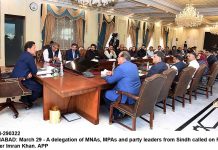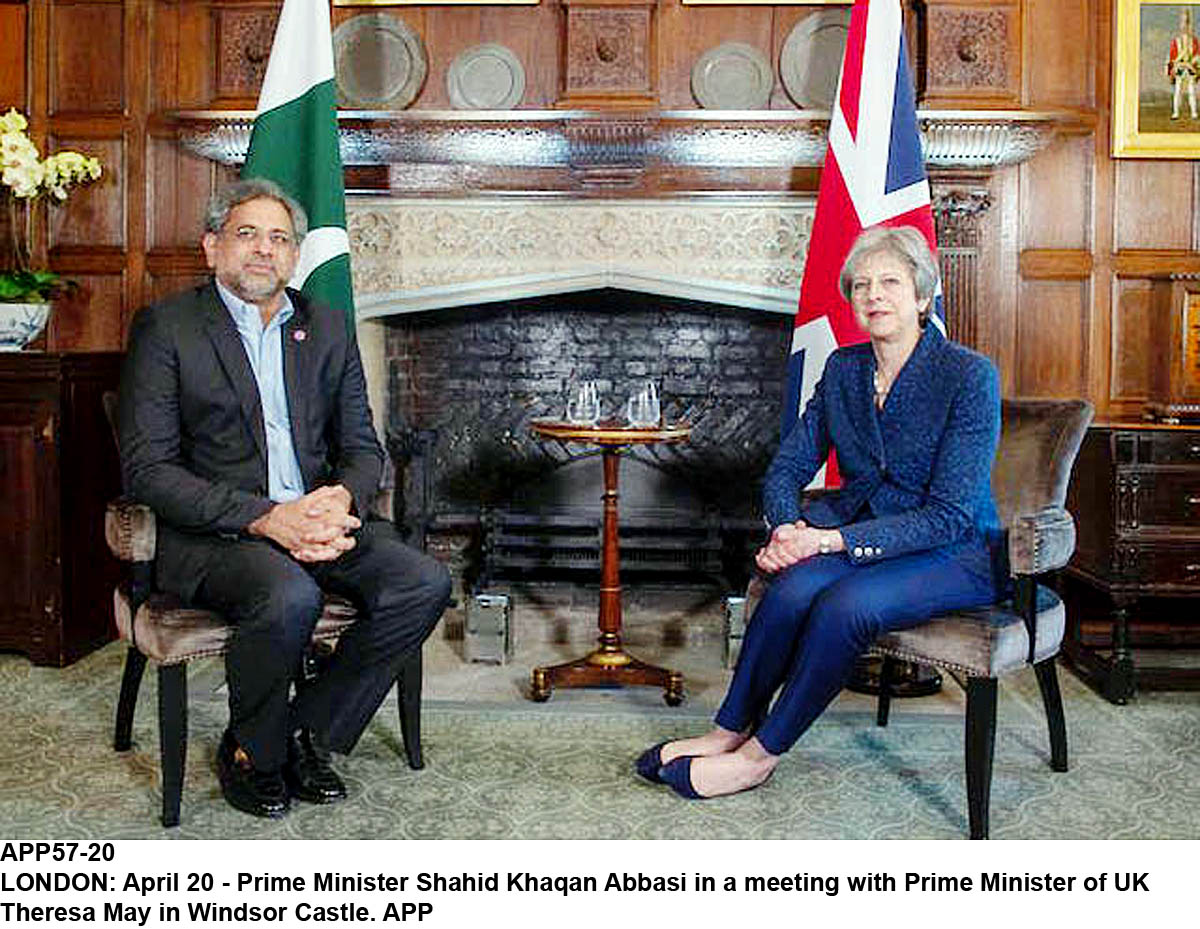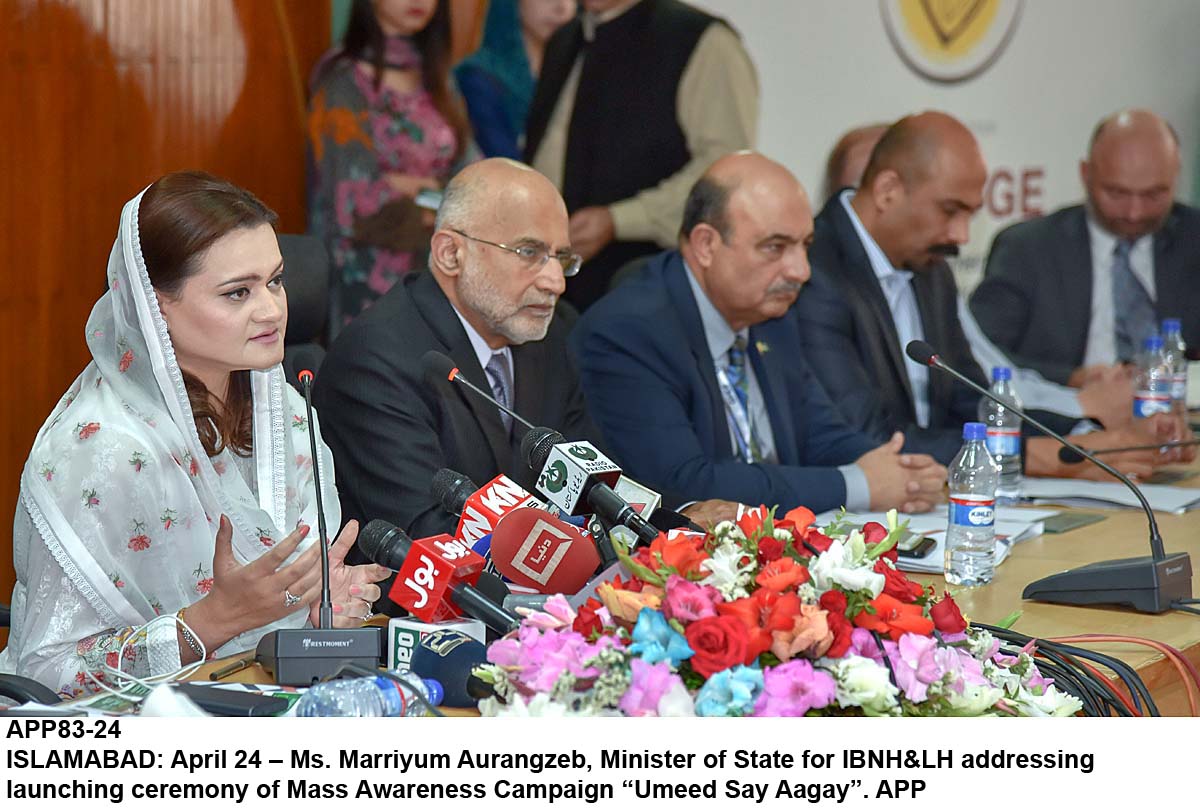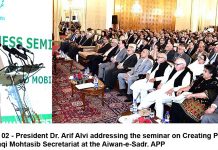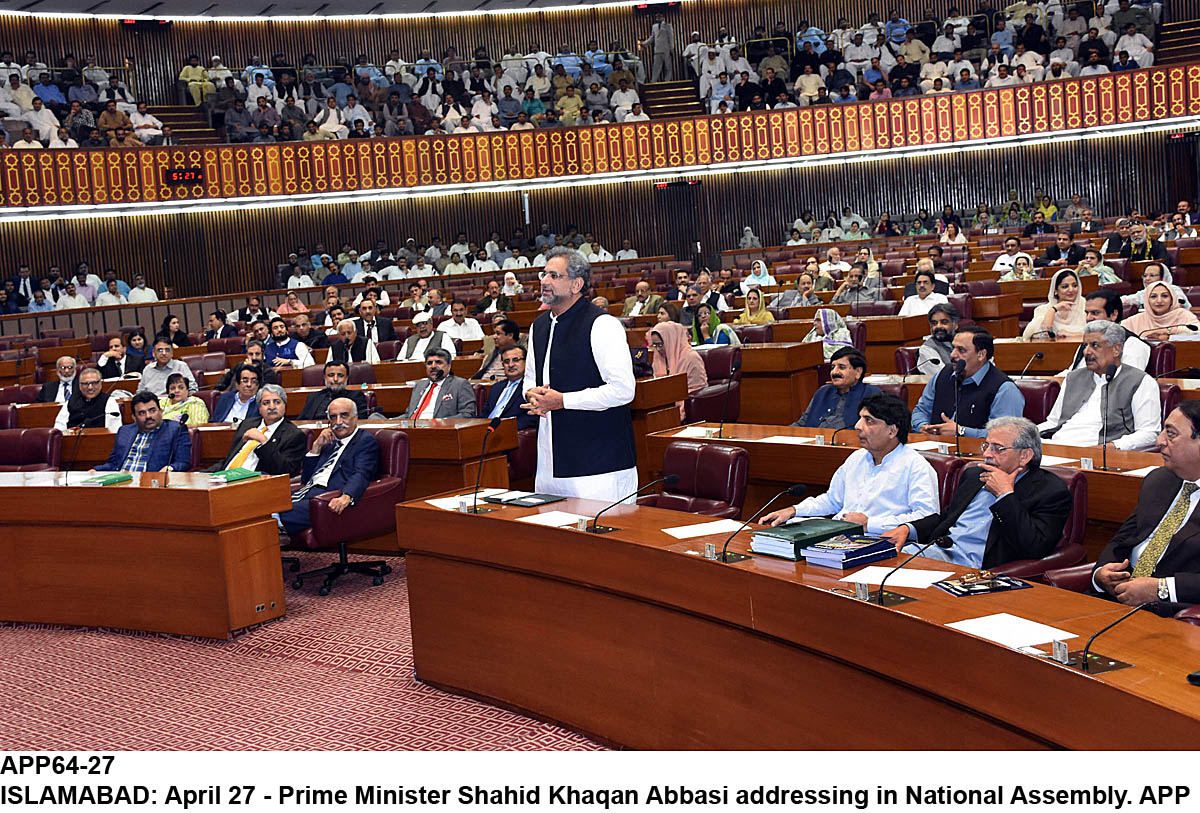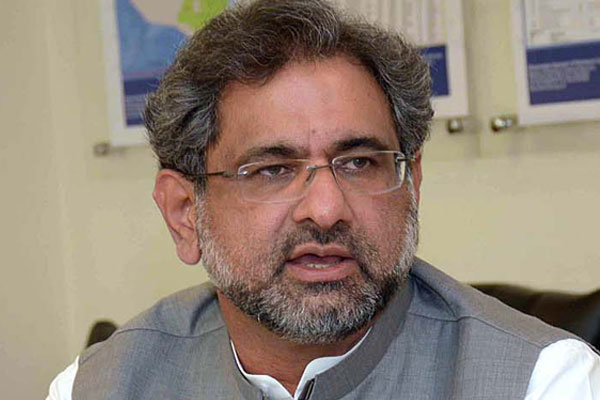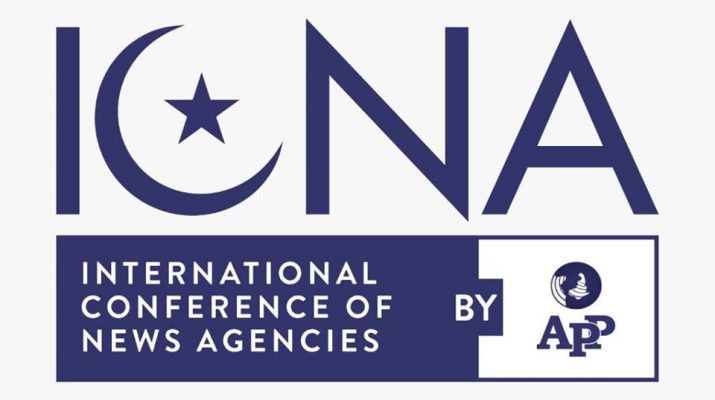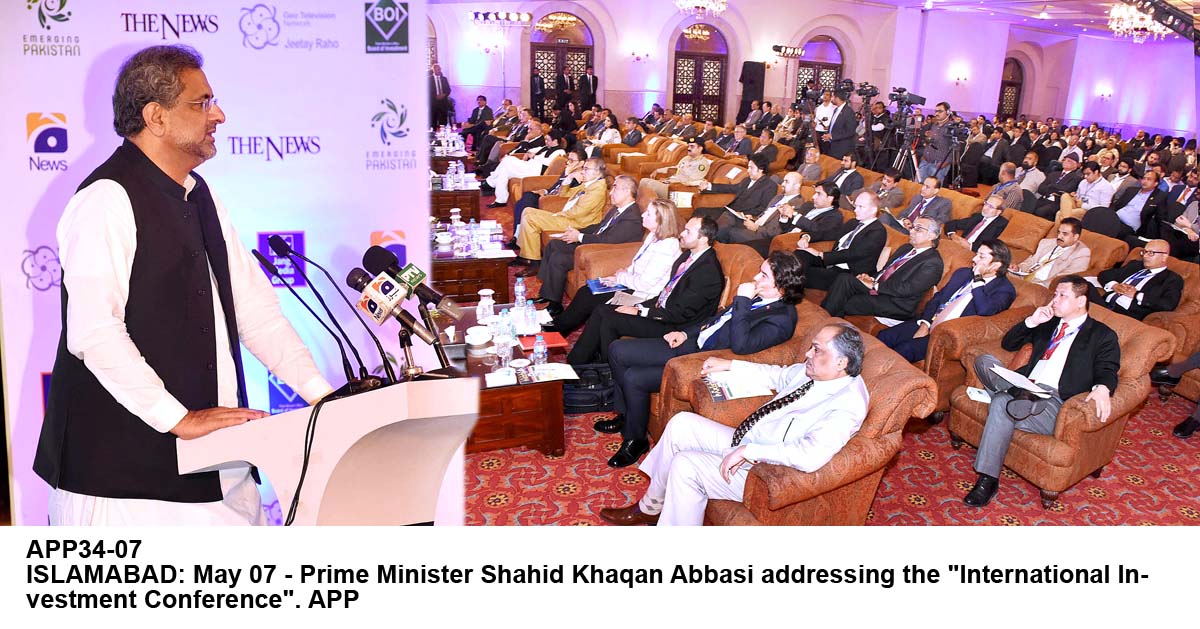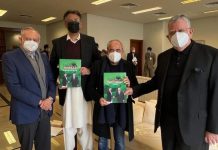
Calling it a “revolutionary step”, the prime minister said, “Neither everyone can take, nor did any of the governments in the past take such a bold decision of providing Rs1 million health insurance to the entire population.” Addressing the launching ceremony, he lauded the Punjab chief minister, health minister and the whole team involved and said the Punjab government had moved on the course which would uplift the country, in pursuance of the forefathers’ vision to make Pakistan an Islamic welfare state.
He said under the programme, 30 million families would benefit from the health insurance facility which would cost Rs400 billion to the government.
“Our forefathers had dreamt of making Pakistan an Islamic welfare state but unfortunately it could not be developed on that course.”
Citing the Madina State as the first welfare state which fulfilled all basic responsibilities of its citizens, the prime minister said unfortunately no such state was found in the Muslim world rather the Scandinavian states were close to that model.
Naming Denmark, Norway and Sweden, the prime minister said a state always believed in inclusive growth and had compassion for the weaker segment. He said all the Scandinavian countries did not have more resources than Pakistan but they were more prosperous by having adopted the model of a welfare state.
“Today, the Punjab government took such a step to put the country on the course of uplifting this nation… We want to make Pakistan for which it was established. If we don’t opt that course, it will be great treachery with the Indian Muslims who had voted for it,” he remarked. He said some leaders in the past claimed to make Pakistan an Asian Tiger which could in no way be greater than the idea of a welfare state like Madina. The prime minister told the gathering that the time would prove that the initiative of Sehat Card, involving almost equal funding, would have far better outcomes than the Metro Buses or Orange Train. He said all families across the province would get the Sehat Card by March and also resolved to replicate the model in Balochistan, Azad Kashmir and Gilgit Baltistan.
The prime minister said the Sehat Card would lead towards the development of health infrastructure across the province as it would attract the private sector to build hospitals even in remote areas. He said the government would close down the government hospitals in far-flung areas where the doctors did not want to be posted, to save the cost.
He said the government would incentivize the private sector by allowing duty-free import of their equipment to expand the network of private hospitals. The prime minister told the gathering that a silent revolution was in the making through the government’s initiative of housing construction loans by banks for the salaried class after the government removed all the impediments. He said the people had applied for loans worth Rs260 billion out of which Rs110 billion worth loans had been approved and Rs34 billion disbursed already.
He said under Kamyab Pakistan Programme, around 2 million people had been given interest-free loans for house building. Moreover, under the same program, a loan of Rs0.5 million was also being given to the farmers and others to establish their own businesses. Through the Ehsaas Ration scheme, almost 54% of the population was being given a 30% subsidy on the purchase of ghee, flour and pulses. Earlier, the prime minister also distributed Sehat Cards among the beneficiaries.

